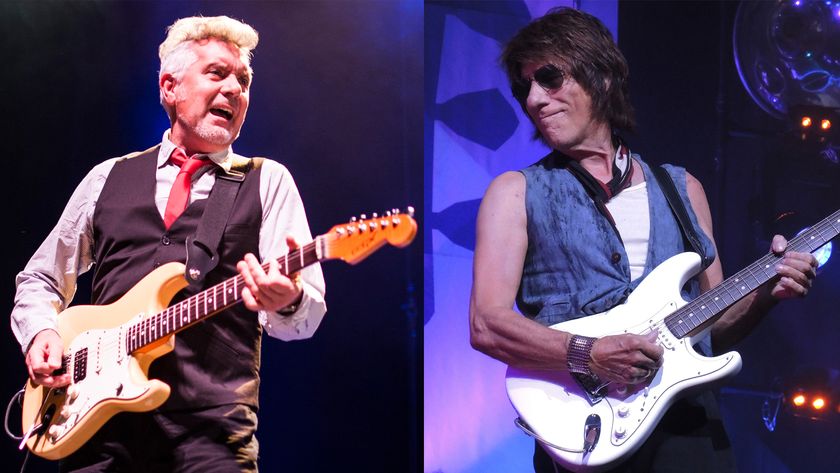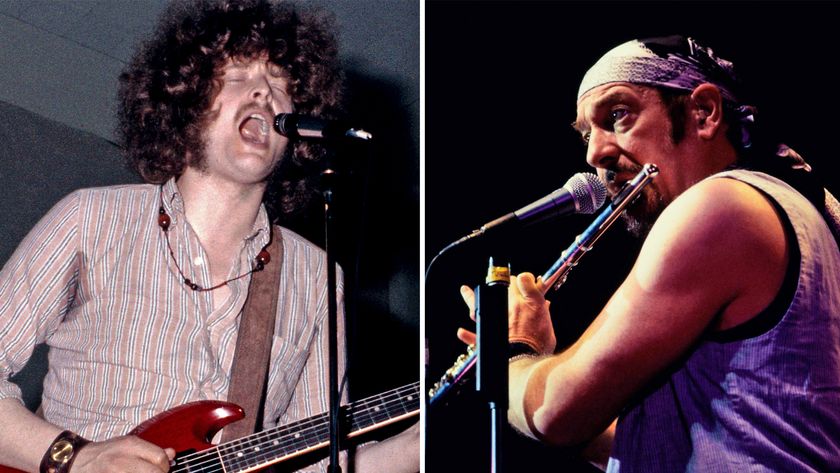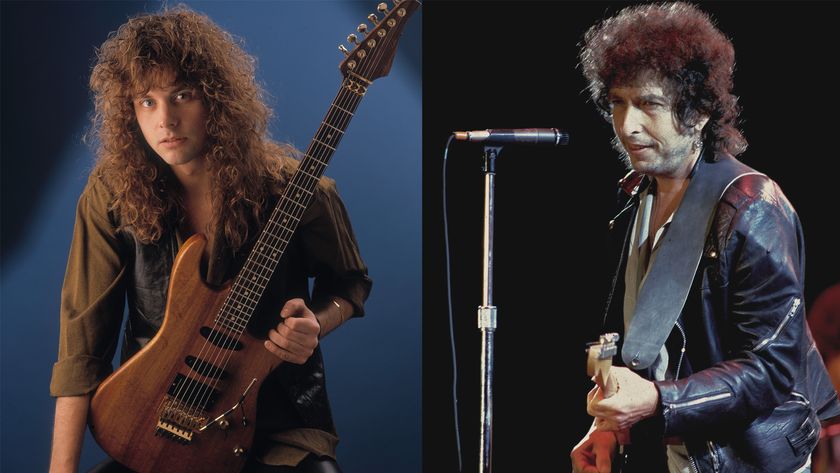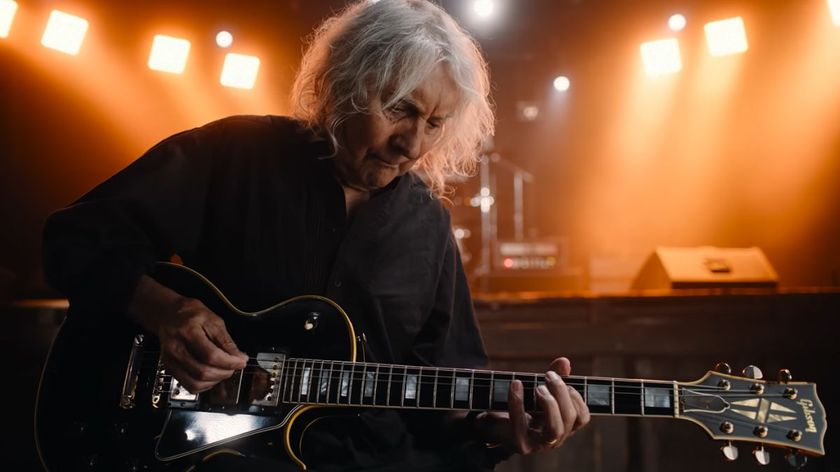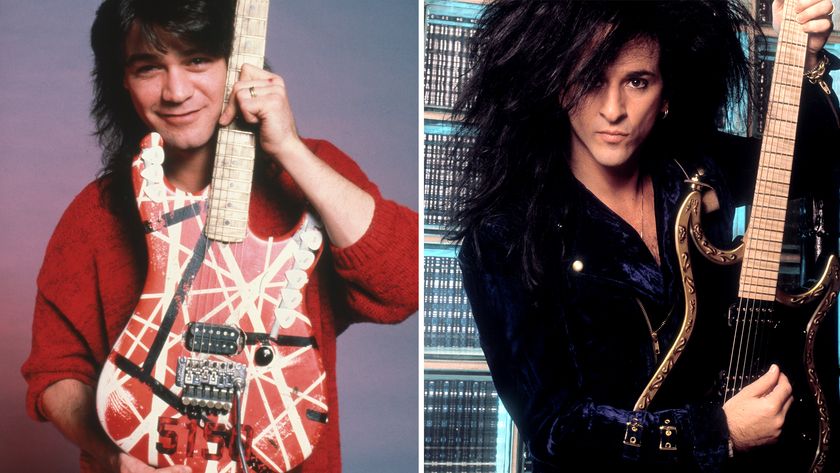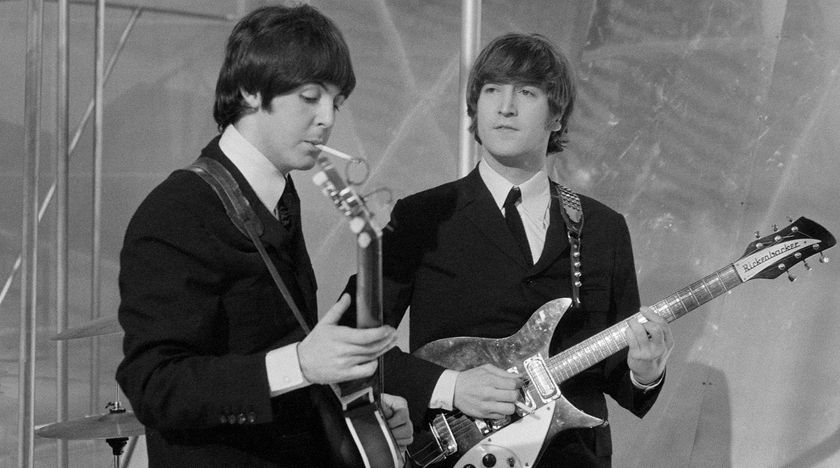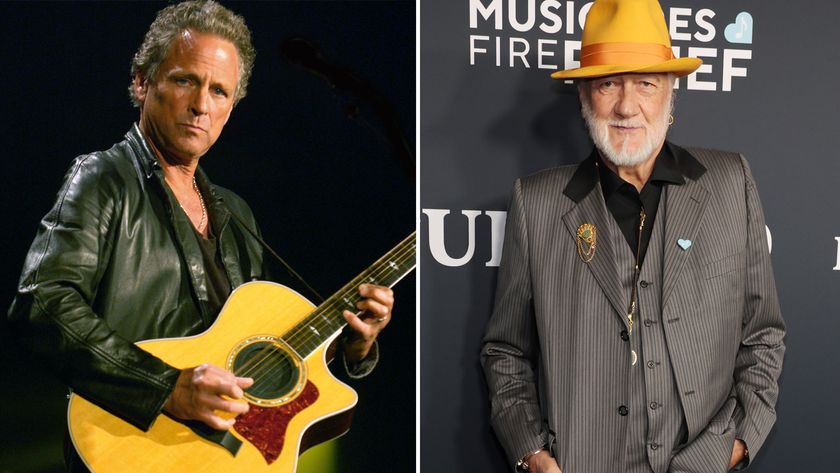“I remember going to see Little Feat in the early ’70s, and Lowell George was using a brand-new guitar. If someone tells me a ’70s Strat is no good, I’ll say, ‘Well, here’s what I can do with it!’” Walter Trout comes to the defense of CBS-era Strats
The blues great has championed his “off the shelf” 1973 Strat, which inspired the development of his Delaney Guitars signature model
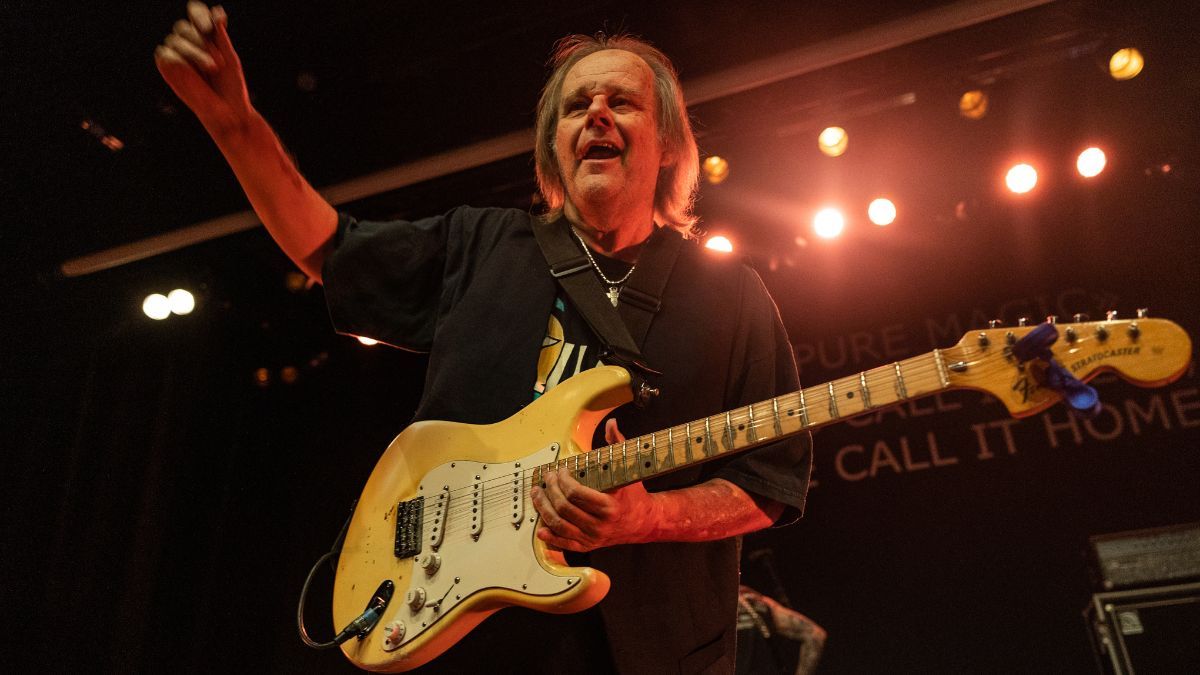
Fender’s CBS era is often viewed rather unfavourably by the average guitar fan, and early '70s Stratocasters are widely seen as the least fashionable and desirable models from that time.
The acquisition led, in some minds, to a downturn in quality – but Walter Trout refused to take such a sweeping statement at face value.
Earlier this year, the blues rock great released his 31st album, Broken, which features both his Delaney Guitars signature model, built in 2021, and his 1973 Fender Stratocaster.
Contrary to general opinion, Trout is full of praise for his “off the shelf” CBS Strat – so much so that, when Delaney Guitars approached him about making a signature model, he used it as the template for the new build.
“Most of the album was recorded with my Delaney Guitars Walter Trout model,” he says in the latest issue of Guitar Player. “It’s also the guitar I use on tour. Anything else was my 1973 Fender Start, which is the guitar that the signature model was based on.”
Tonally speaking, Trout says the guitars are “very close”, with luthier Michael Delaney doing a “magnificent job” of replicating a guitar many would disregard before even strumming a chord on it.
“I bought it off the shelf in 1973,” says Trout. “I’m the only person who’s ever owned it.
Get The Pick Newsletter
All the latest guitar news, interviews, lessons, reviews, deals and more, direct to your inbox!
When people tell me what's not good, I always think, I'll make up my own mind
Walter Trout
“The one thing that he changed, at my request, was the weight,” he admits. “It weighs more than a Les Paul I have. One of the main reasons I can't use it onstage is that my shoulders can't take the weight anymore. The signature model is so light that you can hold it up with your pinkie.”
In 1985, CBS ended its era of Fender management after a two-decade tenure. As time has since ticked on, some big names – including Strat obsessive Yngwie Malmsteen – have come to the defense of '70s Strats. Now, Trout is the latest to do so.
“When people tell me what's not good, I always think, I'll make up my own mind,” Trout goes on defiantly. “I remember going to see Little Feat in the early '70s, and Lowell George was using a brand-new guitar... If someone tells me a '70s Strat is no good, I'll say, 'Well, here's what I fucking can do with it!’”
To pick up the new issue of Guitar Player – which features an in-depth interview with Trout about deviating from the blues rock template on Broken, the gear used to track it, and his unlikely collaboration with Dee Snider – head over to Magazines Direct.
A freelance writer with a penchant for music that gets weird, Phil is a regular contributor to Prog, Guitar World, and Total Guitar magazines and is especially keen on shining a light on unknown artists. Outside of the journalism realm, you can find him writing angular riffs in progressive metal band, Prognosis, in which he slings an 8-string Strandberg Boden Original, churning that low string through a variety of tunings. He's also a published author and is currently penning his debut novel which chucks fantasy, mythology and humanity into a great big melting pot.
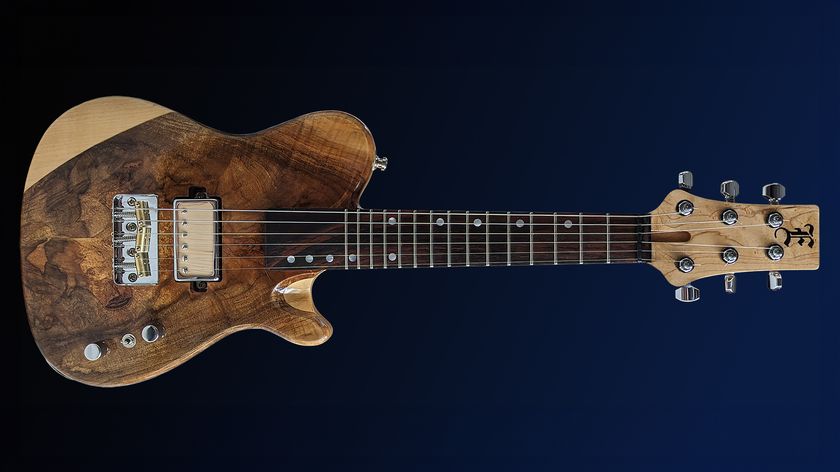
"The tuning is E to E but an octave higher than standard." Can this little guitar make you sound like you’re playing mandolin? Meet Ellis Guitars’ Soprano TX
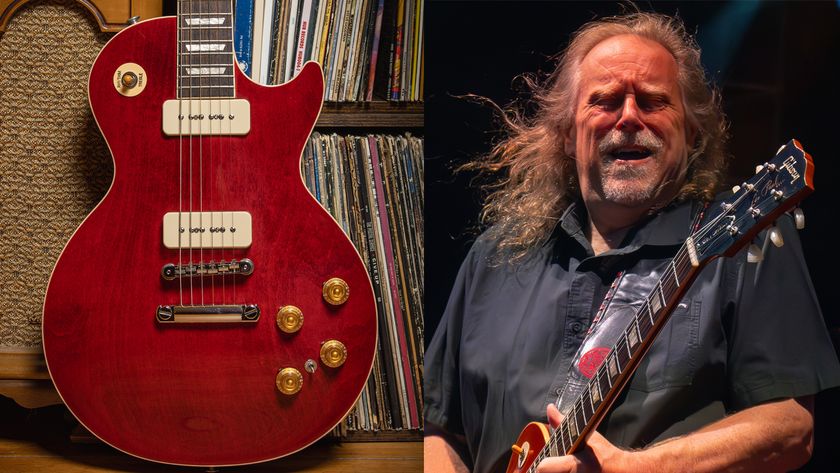
“It’s always been important for my guitar to sound similar to my voice.” Warren Haynes tells us why he chose P90s for his new signature Gibson Les Paul Standard — and reveals the secret behind its new “tonal options” switch


